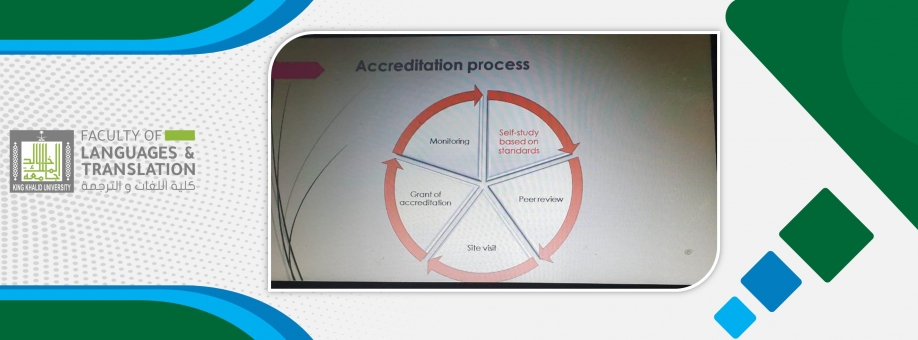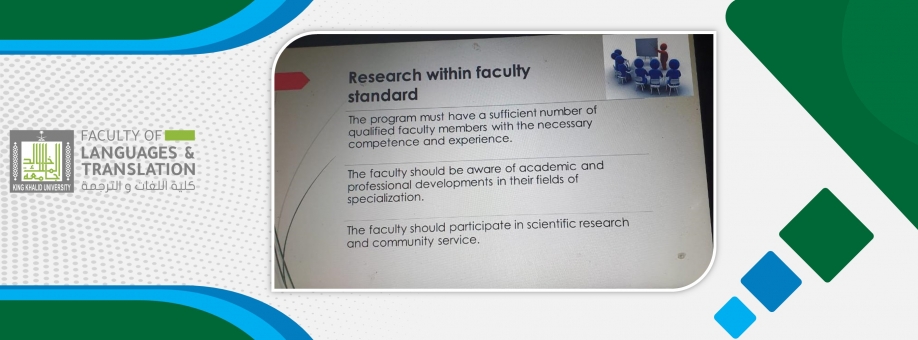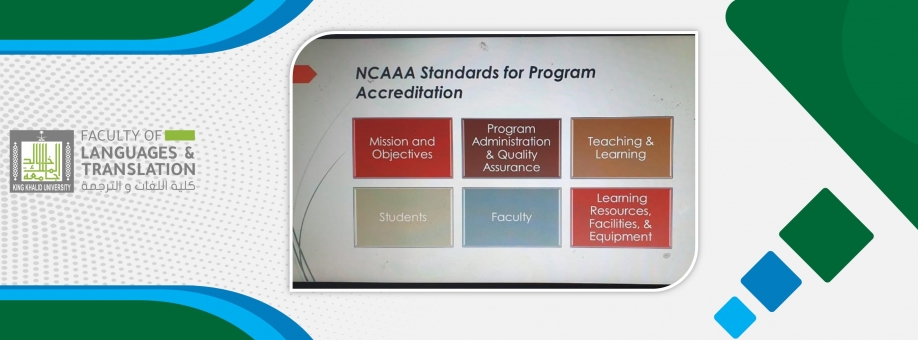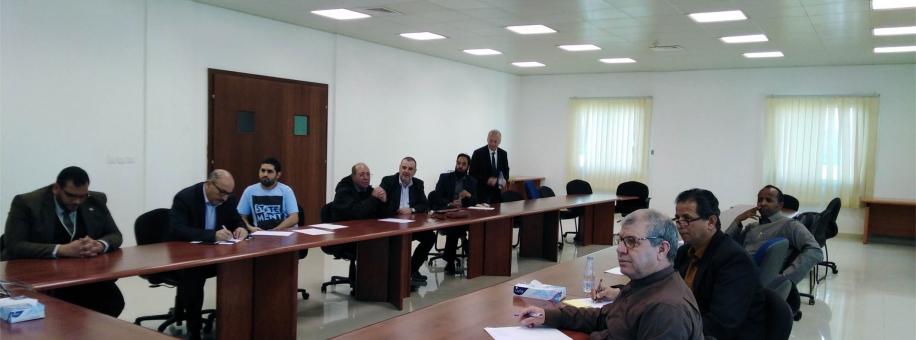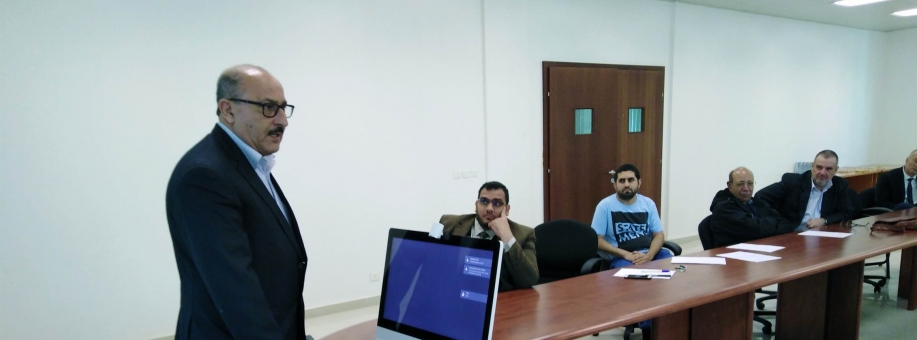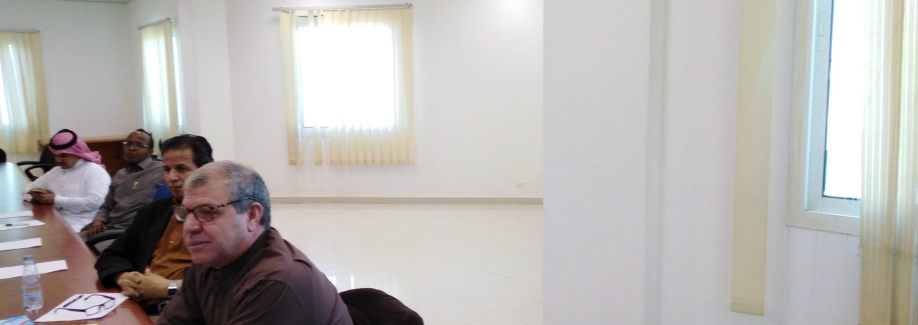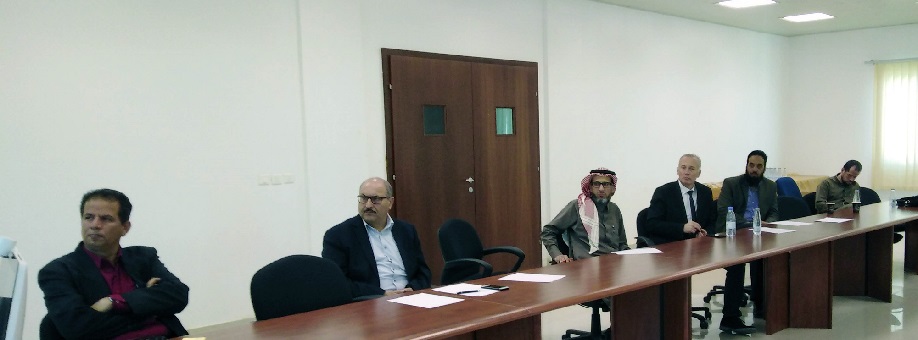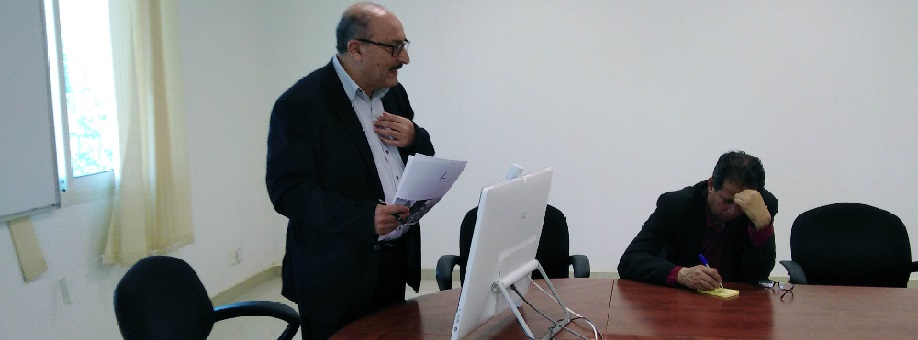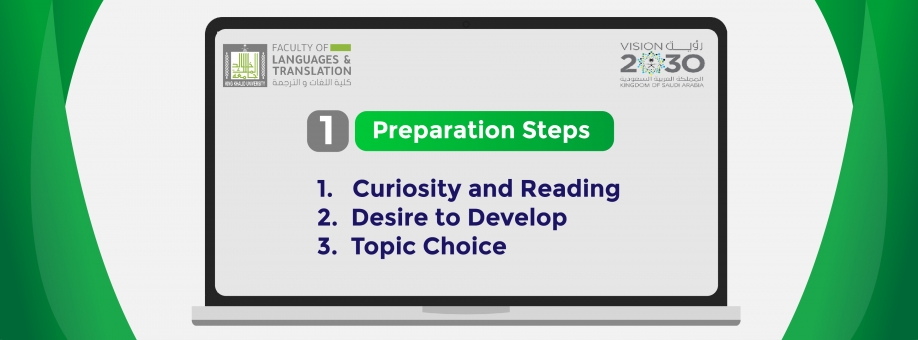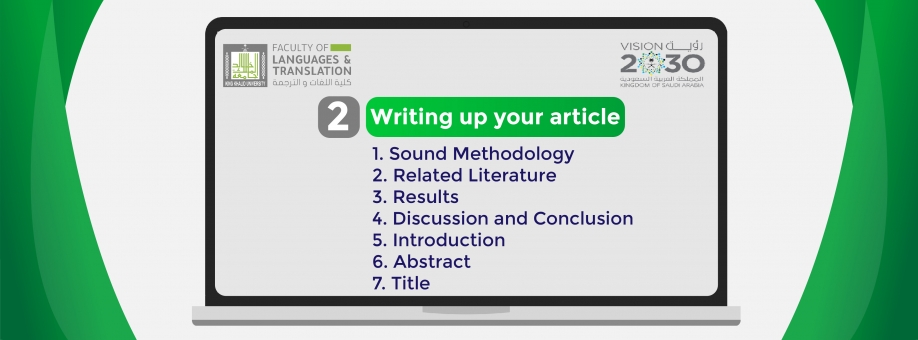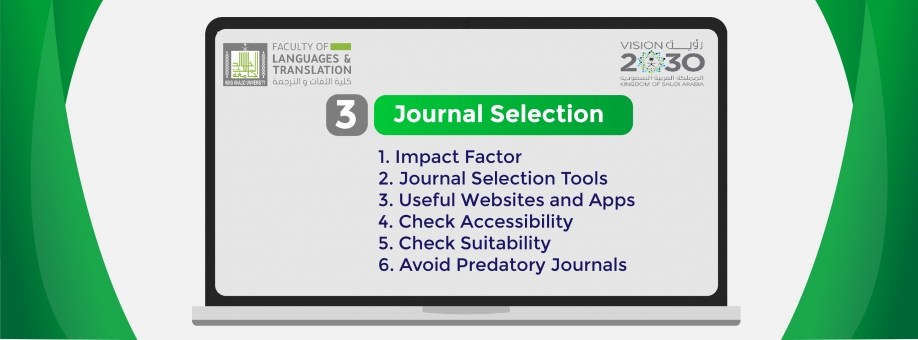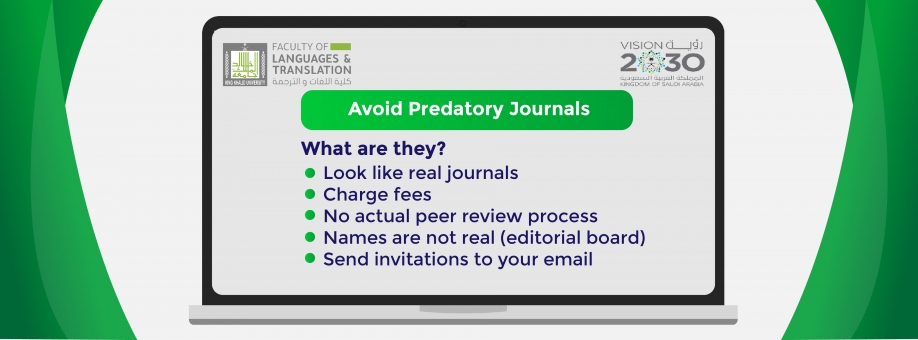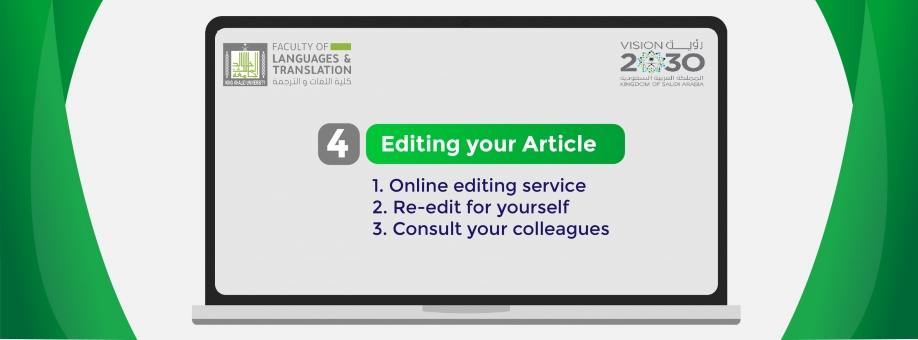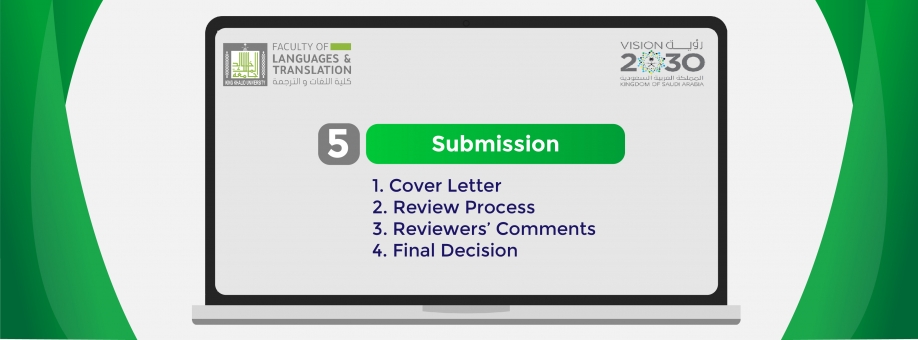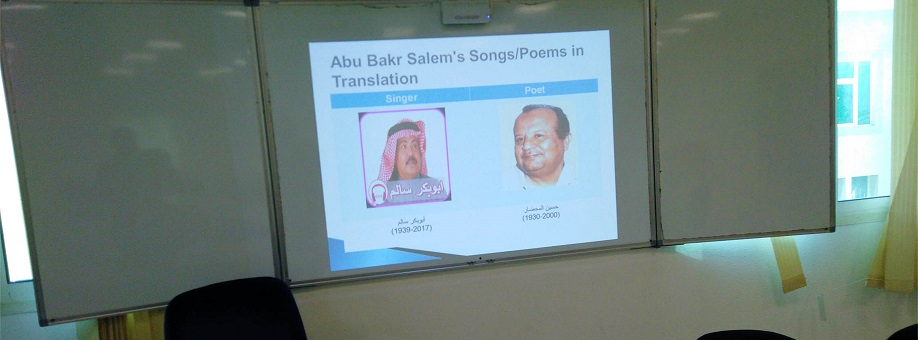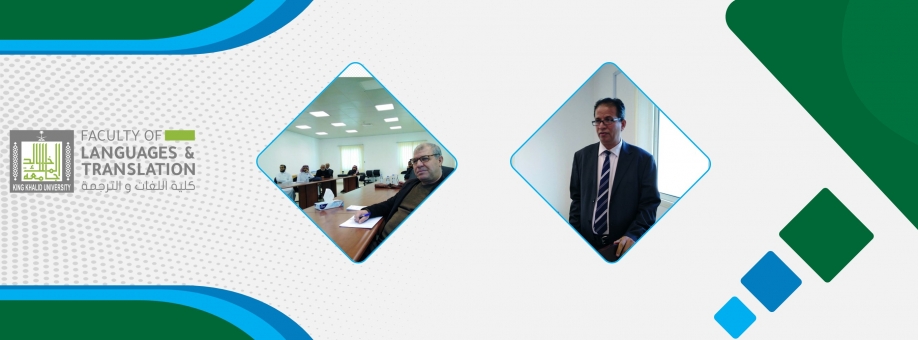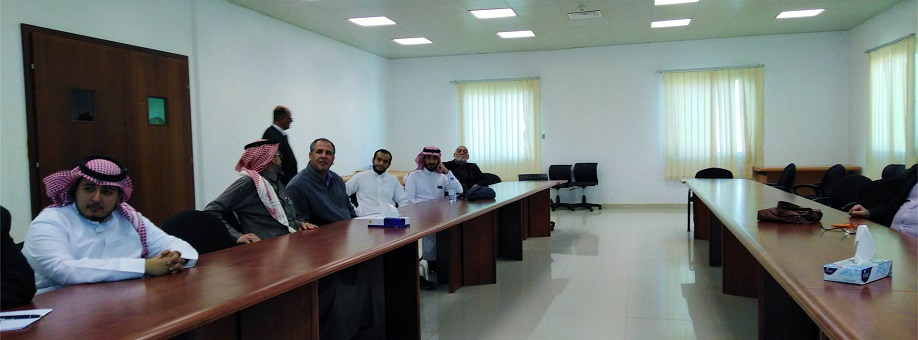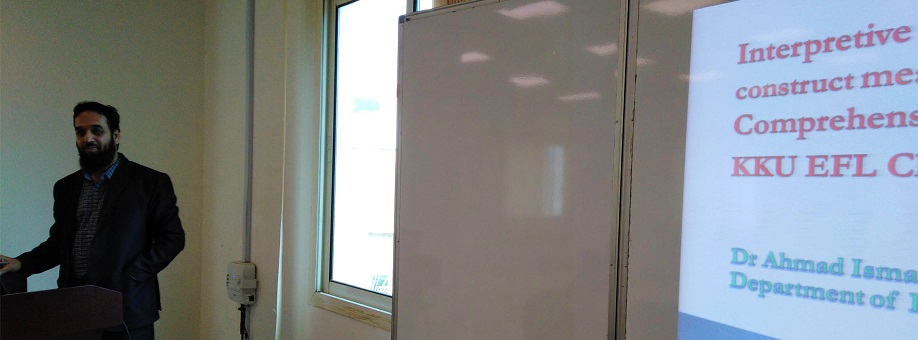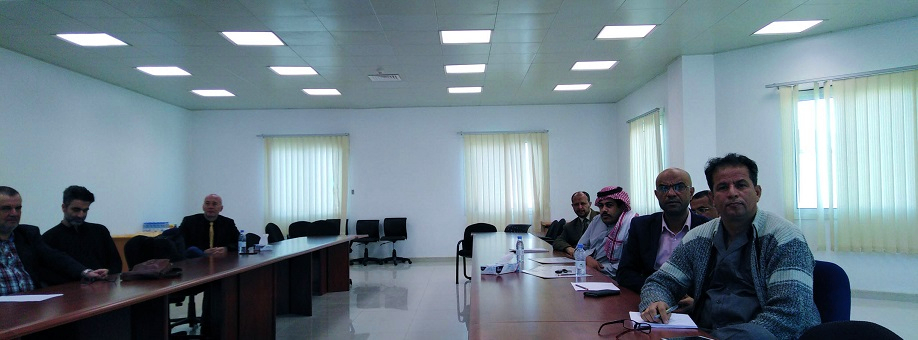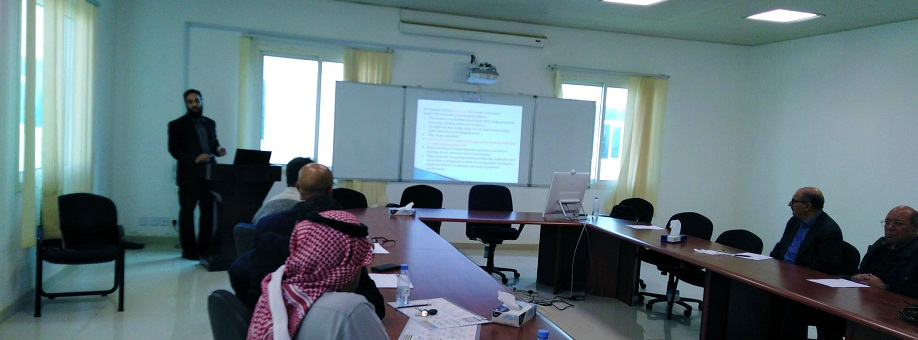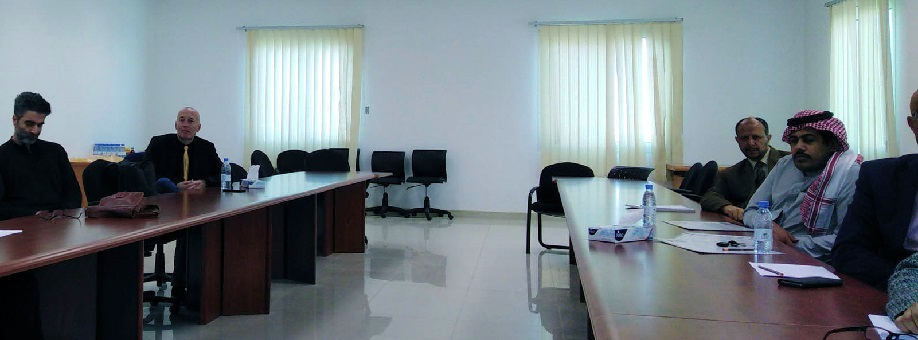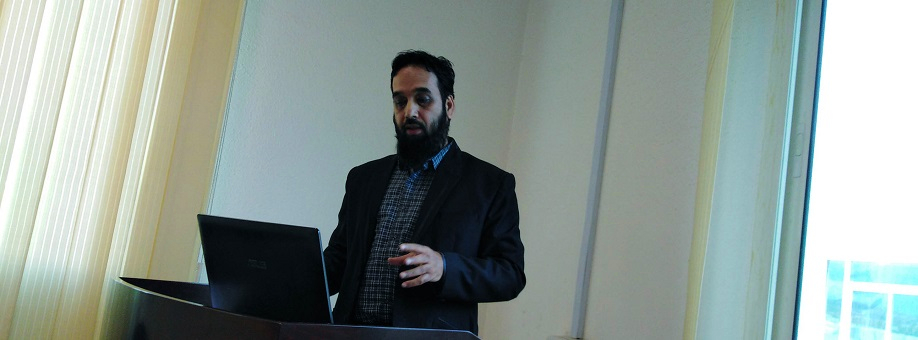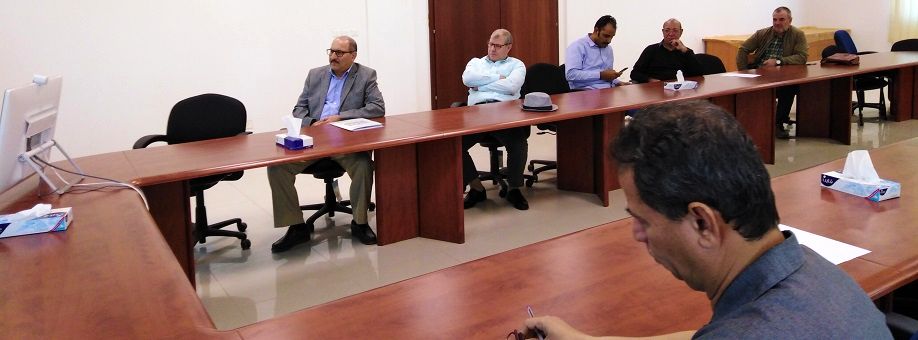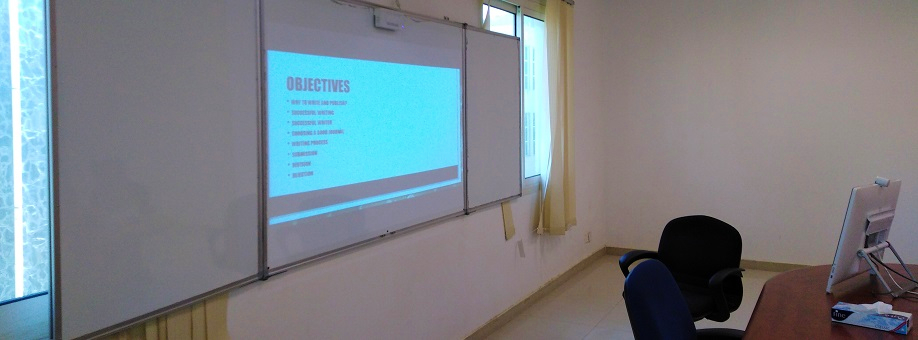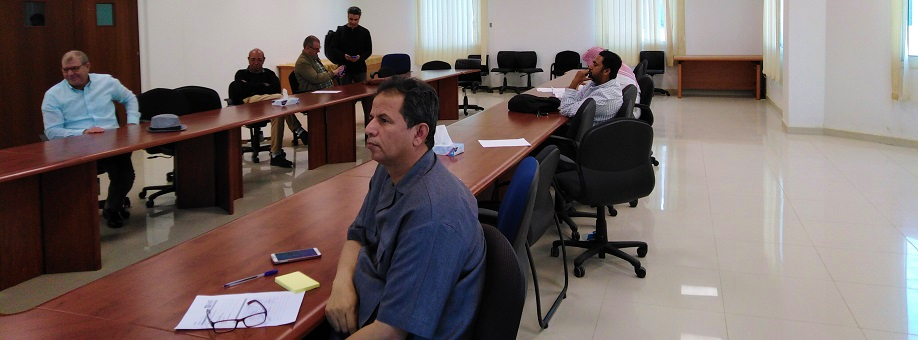From Normal to New Normal: Rethinking Methodologies
Ms. Sharmin Siddiqui presented her research paper titled From Normal to New Normal: Rethinking Methodologies, at a webinar organized by the Language Research Center on January 27, 2021. She highlighted the dramatic shift from one teaching move to another due to the current pandemic.
Siddiqui first defined the new normal with a reference from Wikipedia on how the term 'New Normal' was first used in 2007 and 2008 during the financial crisis and used until COVID-19. She mentioned how the traditional classroom pedagogies during the lockdown abruptly took a backseat, and virtual learning became the only way of teaching in mainstream education. She also stated how the sudden disruption required many professionals to change their conventional mindsets and acquire a new set of skills compatible with the latest online pedagogies.
Siddiqui focused on the dramatic success of online teaching at King Khalid University during the outbreak. She mentioned that faculty members and students could communicate effectively and successfully in this virtual teaching mode during the pandemic, although many educational institutions of different countries halted their activities sine die.
Siddiqui also talked about the two most popular learning management systems: Moodle and Blackboard. She brought out some limitations of using virtual platforms exclusively and put forward some issues to reconsider the teachers' methodologies. Referring to a case study, she mentioned that if learners are provided with the same learning material, quality of teachers, and resources as in the traditional mode of learning, the same academic outcomes will be achieved.
The primary issue associated with virtual classrooms, Siddiqui said, is the difficulty in addressing individual interests and needs according to the learners' different learning styles. Also, lecturing is the commonly used method in the online mode, she added. The intended communicative gestures that are considered important vehicles for building rapport with learners are not possible in a virtual platform. Besides, reassessing absenteeism criteria is one of the needs for ensuring the learning outcomes, she mentioned. She also highlighted some drawbacks of applying a particular test type in a virtual platform and questioned its validity.
The presenter concluded her presentation with some recommendations. To differentiate instruction in virtual platforms, teachers need to switch between the modes. Using different kinds of synchronous and asynchronous communication ensures successful collaboration between teachers and students, she emphasized. To ensure the learners' attention and attendance, teachers should announce that at the end of the session, there will be an incentive-based assessment.
The webinar was very interactive and a great success with both male and female faculty members' active participation.
Date: 1-29-2021
Source: Mohammad Adil Siddique
عربية

